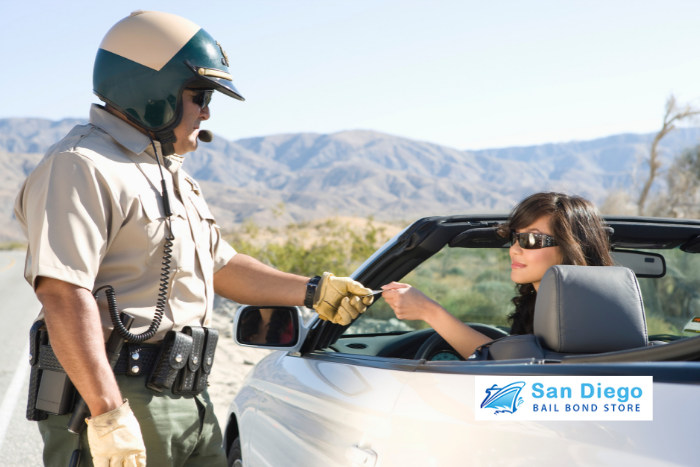20 Sep Things You Should Know About Receiving Stolen Property in California
Posted at 18:25h
in Bail Bonds in Chula Vista, Bail Bonds in Escondido, Bail Bonds in National City, Bail Bonds in Oceanside, Bail Bonds in Poway, Bail Bonds in San Diego, Bail Bonds in San Marcos, Bail Bonds in Vista
0 Comments
Don’t assume that just because you didn’t actively participate in a burglary that the items taken during the burglary won’t get you into trouble. They likely will.It doesn’t really matter if you hold stolen items in your garage while your friend finds a fence, if you’re gifted a stolen television, or if you purchase stolen goods, if those items are found in your possession, you could find yourself facing a charge of receiving stolen property in California.The topic of receiving stolen property in California is dealt with in PC 496. It states that:-
“Every person who buys or receives any property that has been stolen or that has been obtained in any manner constituting theft or extortion, knowing the property to be so stolen or obtained, or who conceals, sells, withholds, or aids in concealing, selling, or withholding any property from the owner, knowing the property to be so stolen or obtained, shall be punished by imprisonment in a county jail for not more than one year, or imprisonment pursuant to subdivision (h) of Section 1170.”
- The items involved in your case really were stolen
- That you received the stolen items in some manner






